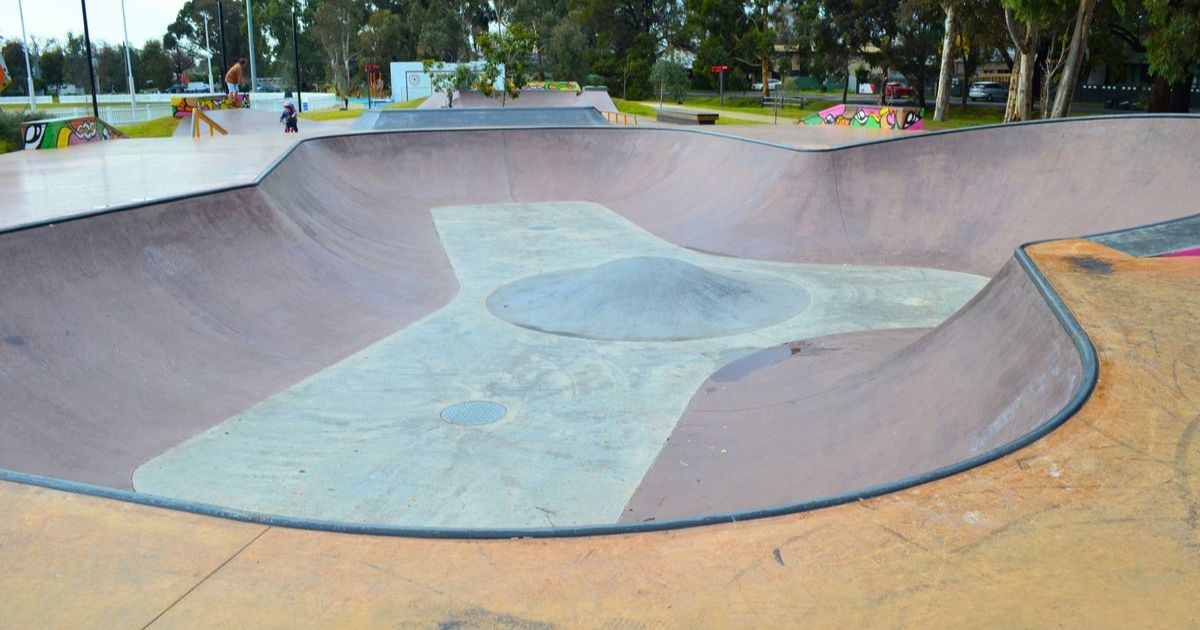Keeping bee mite out of Victoria
Beekeepers are urged to be vigilant in monitoring for Varroa mite and keep up-to-date with permits, as Agriculture Victoria strengthens it surveillance in response to a detection over the border.
Victoria’s Chief Plant Health Officer Dr Rosa Crnov has provided reassurance that no Varroa mite has been found in Victoria.
However, New South Wales Department of Primary Industries confirmed Varroa mite has been discovered in beehives at Euroley in the Riverina and Euston in the Sunraysia region, resulting in a new Biosecurity (Varroa mite) Emergency Order being issued. New South Wales has led a response to eradicate Varroa mite since it was first detected in Newcastle in 2022.
This comes as Victoria’s almond pollination season in the Sunraysia region is coming to an end, and beekeepers are moving their hives to pollinate other Victorian fruit and crops.
Dr Crnov said Agriculture Victoria biosecurity officers have been on the ground in Sunraysia undertaking targeted surveillance and no Varroa mite was detected.
“Victoria is committed to the National Response Plan and will be undertaking further surveillance in the region. We are also working closely with New South Wales to trace beehives and understand their movements,” she said.
New permits announced last week will allow beekeepers to move their beehives and equipment out of the established Victorian section of the 10-25km Surveillance Emergency Zones (SEZ).
Victoria has a rigorous permit system in place to help keep the state free from Varroa mite. A permit is required for anyone bringing bees, hives, queen bees, used beekeeping equipment, pollen for bee feeding, and bee products, including honeycomb, into any part of Victoria from any other state or territory.
‘It’s crucial for beekepeer’s to follow the mandatory permit system for entry of bees, hives and apiary movements into Victoria. This system helps protect our state, while enabling essential horticultural pollination activities to continue,” Dr Crnov said.
Varroa mite is a parasite of adult honey bees and honey bee brood. It weakens and kills honey bee colonies and can also transmit honey bee viruses.
For more information on Varroa requirements, reporting and permit applications, visit the Varroa page on the Agriculture Victoria website: agriculture.vic.gov.au/varroa. Any suspect Varroa should be reported to the Exotic Plant Pest Hotline on 1800 084 881.



















